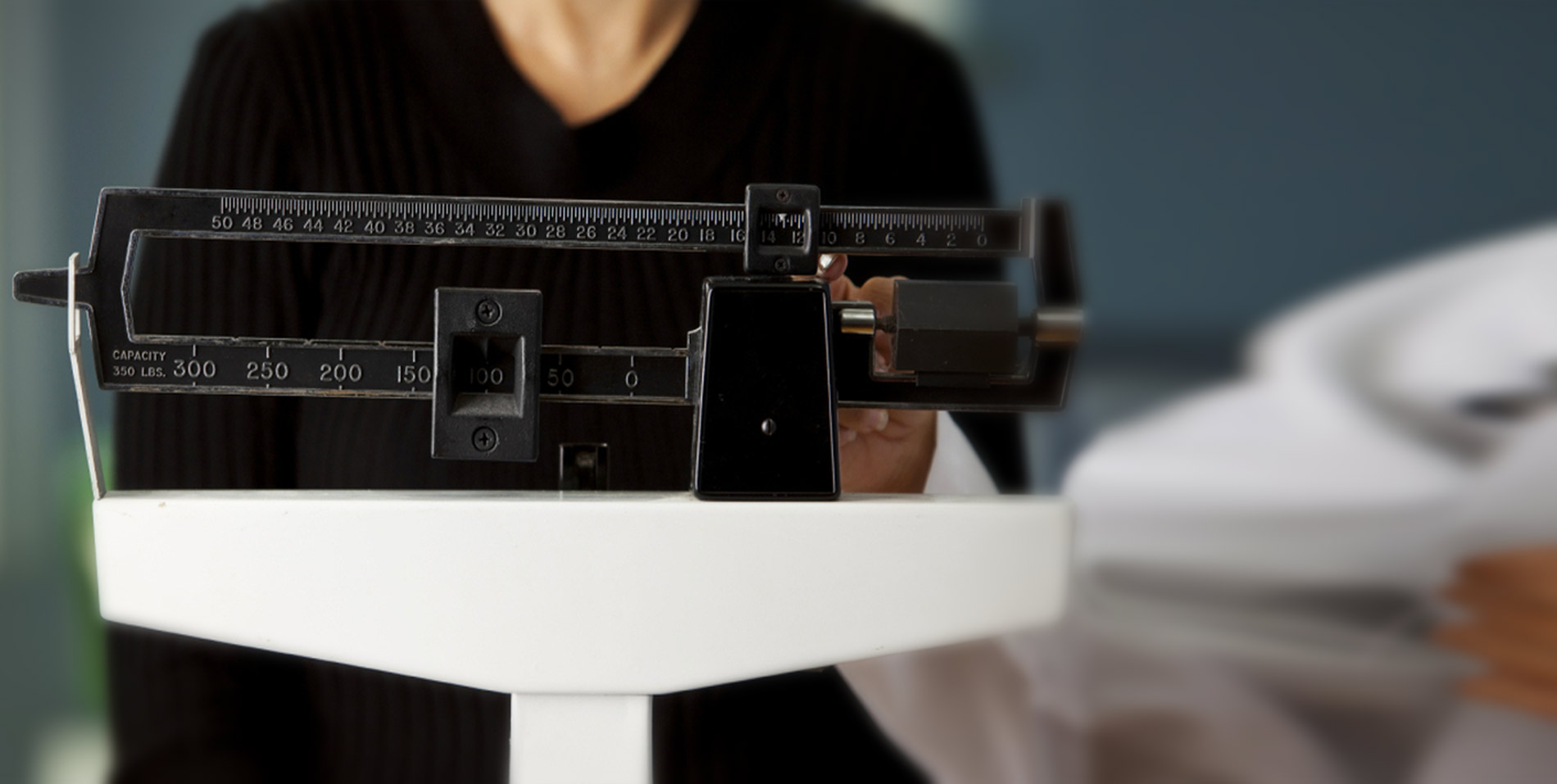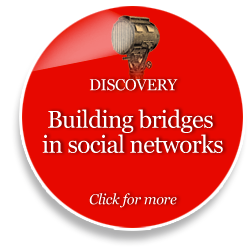We the people are fat. So much so, medical experts have declared an obesity epidemic costing this nation untold billions. There’s an even bigger epidemic out there, less obvious but no less dangerous. Just as we consume too much comfort food, we are more and more consuming “comfort news.”
I’ve mentioned comfort news before, but it deserves a fuller explanation. You are on the Internet, listening to talk radio or watching cable TV. You say, “HEY, I agree with that guy!” — and you feel good. But how much protein, how much fact, is involved? Are you getting real news or an opinion pretending to be news?

 Comfort news is the brain candy of the news stream. Like comfort food, it brings temporary pleasure. Yet if we consume nothing else, society pays the price.
Comfort news is the brain candy of the news stream. Like comfort food, it brings temporary pleasure. Yet if we consume nothing else, society pays the price.
We share comfort news within our like-minded circles to persuade ourselves something is true when in fact it may not be. Conservatives and liberals do it. It’s the reason the political blogosphere has separated into two giant groups that do not link to each other. It’s why so many conservatives can’t accept the scientific evidence that humans are causing climate change. It’s why so many liberals can’t accept the data showing Americans have more guns than ever but in recent decades, violent crime has fallen. Comfort news is the reason why we know so much about celebrities and so little about what our government does or how to solve our most pressing problems.
This trend is the underbelly of the information revolution.
What food does for the body, news does for the mind. We need food every day to live. We need news and information every day to function in a free society.
 The food and news systems are shaped by markets, technology, personal choice and public policy. Just as some people prefer to grow their own food, some prefer to blog their own news. There’s a crusade against national fast-food chains; there’s a crusade against fast-food news. People talk about organic, homegrown “slow food,” and they’re starting to talk about carefully produced, unrushed “slow news.”
The food and news systems are shaped by markets, technology, personal choice and public policy. Just as some people prefer to grow their own food, some prefer to blog their own news. There’s a crusade against national fast-food chains; there’s a crusade against fast-food news. People talk about organic, homegrown “slow food,” and they’re starting to talk about carefully produced, unrushed “slow news.”
Like modern agriculture, modern news technology offers an amazing array of choices. Used badly, however, it can amplify our worst tendencies. Some scholars, including Ralph Lowenstein, dean emeritus of the University of Florida School of Journalism and Communication, saw the trend coming. Forty years ago, he warned that interactive electronic news could lead people to surround themselves in “a political, social or educational cocoon.”
“When that happens,” he wrote, “society will suffer, since it is likely to be divided into highly polarized and probably unempathetic people.”
Polarized? Unempathetic? Welcome to 21st century America. We have healthy food, but we often choose to eat the other. We have good journalism, which as I say is based on FACT — the Fair, Accurate, Contextual search for
Eli Pariser’s bestseller The Filter Bubble documents our retreat into our own little entrenched worlds. Every day, media and technology companies are finding new ways to help us block out the things we don’t want to see and hear. Search engines remember our clicks and serve us more of what we like. In this era of information overload, 70 percent of us say we are overwhelmed. So we welcome those filters, using whatever digital sunglasses we can find.
Comfort news undermines civic debate
Yet we also complain — as did half the people in Chicago during a poll by the Chicago Community Trust — that we don’t know enough to vote. I’d wager the newsless of Chicago haven’t checked such websites as Project Vote Smart. We can more easily blame “the media” than it is to change our own news consumption.
 Too much comfort news is as bad for the
Too much comfort news is as bad for the
The solution: Pay attention to what we feed our brains. Stop blocking out so much of the world, and take in some informative fruits and vegetables along with the sweet stuff. Make ourselves uncomfortable once in a while by seeking out facts that do not mesh with our opinions. Try going on a news diet, on which we limit those news carbs. If we created our own South Beach Diet for news, what would that look like?
This is easier said than done, of course. It isn’t just a question of willpower. The stresses of modern life lead to its excesses. We develop coping habits that are hard to break. While knowledge alone can’t solve the problem, it is an important first step. To be a first-class citizen in the digital age, you need digital-media fluency. The Knight Commission on the Information Needs of Communities concluded that digital media fluency should be taught at all levels of education. But there’s even more that must be done. Knight invests in journalism excellence (the art of making important news interesting). We push for journalism education and public media reform, helping legacy institutions learn new ways to inform and engage with communities. We work to accelerate media innovation so that the best of the news and information humanity has to offer can be easily created, found, used and shared.
The foundation believes that a healthy flow of news and information is just as important to communities as healthy air or water.
 Yet we’re under no illusion about who drives media consumption. We the people do. We get the media we demand, the media we deserve. More and more, we are the media. Recognizing media consumption trends could kick start a host of new self-help groups: Comfort Media Anonymous, America Unplugged, you name it.
Yet we’re under no illusion about who drives media consumption. We the people do. We get the media we demand, the media we deserve. More and more, we are the media. Recognizing media consumption trends could kick start a host of new self-help groups: Comfort Media Anonymous, America Unplugged, you name it.
In the end, what’s true for food is true for news: we are what we eat. As Knight Chair and food journalist Michael Pollan says: “Eat food. Not too much. Mostly plants.” When you think of your information diet, try this mantra: “Consume news. Not too carelessly. Mostly facts.”
This is an updated version of an opinion column that originally appeared in the Miami Herald.
- OFF
- ON
-
Many roads to change
-
How much comfort news is in your information diet?
-
Would nutrition labels work for news?
-
A problem with non-profit news
-
Teaching the First Amendment
-
How the Challenge Fund for Journalism helped…
-
Clearer writing means wiser grant making
-
Acknowledgements







 Learning layer directory
Learning layer directory
